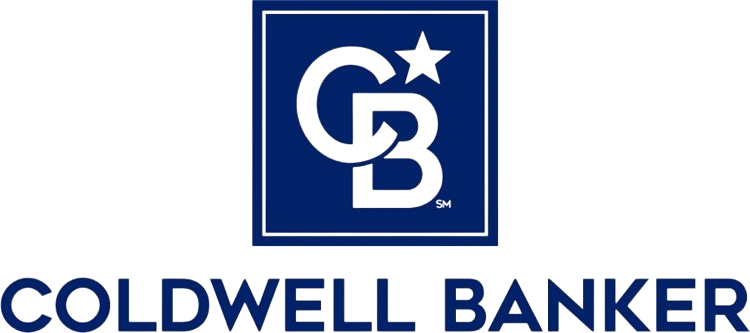When you have real estate property for investment purposes, maybe consider renting them out. It can be great for generating some cash flow, and at the same time keep your currency from inflation. But rental income is taxed at ordinary income tax rate instead of the capital gain tax rate. The tax rate sounds high but there are many ways to reduce /defer the burden. After you finish reading this article, you may be able to lower your rental income taxes to almost $0.
Here are three major solutions:
Depreciation
The depreciation of your property, among all the ways to lower your rental taxes, is the most straightforward and easily calculated one. Since your property is considered by the IRS as the same as business assets, meaning it has longevity and usefulness, you can report the depreciation when you are doing your rental income taxes. But in most circumstances your property is not actually getting depreciation on the market.
According to IRS, residential property can be deducted by depreciation in 27.5 years and as for commercial property is 39 years.
The calculation of annual depreciation value is:
{ (Amount paid for property) – (Value of land) } / (Year span)
For example, you paid $500,000 for your rented residential property, the worth of land is $100,000. So your annual depreciation value is:
(500,000 – 100,000)/27.5 = 14,545.5
The depreciation does not only work on your property itself, it applies on the improvement for your property as well. For example, when you purchase a new refrigerator for your property , you can deprecate the value over 5 year time period, to lower your taxes. (Note that in some cases, you could deduct the improvement entirely in current year. )
Deductions
Quoting from IRS:
“If you receive rental income from the rental of a dwelling unit, there are certain rental expenses you may deduct on your tax return. Thee expenses may include mortgage interest, property tax, operating expenses, depreciation, and repairs.”
Expenses below are quite commonly considered as deductibles. You can max them out to lower your rental income taxes:
-
Property Insurance
-
Property Taxes
-
HOA fees
-
Property management fees
-
Water and sewer
-
Heat and hot water
-
Any necessary repairs
-
Mortgage (purchase/refinance/home equity) interest
-
Loan points
-
Credit card interest on items used for the property
-
Any car expenses that related to the property management
Since there are so many items that you can include, it is crucial to keep all costs and expenses of your property on record. When you are doing your rental taxes, the seemingly miscellaneous and insignificant costs may end up saving you some money.
One thing to note about deductions is that according to IRS, the cost of improvements towards your property is not able to be deducted. So renovations or anything that will increase the value of property will not count as deductibles. But no worries, you could always use the depreciation method to deduct the improvement among a few years, just as mentioned above.
The differences between deduction and depreciation:
The difference is commonly brought up when you spend money to renovate your property or increase its value. Since as we mentioned, these expenses cannot be counted as deductible. But they are qualified for depreciation.
For example, if you spend $4,000 to repair the roof, you can consider it as one of the deductions. But if you spend $10,000 to replace the damaged roof with a new one, you can treat this expenditure as capital expenditure and depreciated over 30 years time span.
Qualified business income deduction (QBI)
QBI is for pass-through income through LLC (Limited Liability Company) or S Corporation. Technically speaking, the rental income is also considered pass through business income by the IRS. It is perfectly legal to apply for QBI when you are doing your rental income taxes.
When the amount of your taxable income is below $157,000 when you are not married, or $315,000 when you are, you can apply for 20% deductible due to QBI. Even when your taxable income is higher than the standards above, you are still encouraged to apply for deduction.
Calculating
To make the calculation easier to understand, here is a simple example to calculate a hypothetic rental income tax. Please note that you can always adjust accordingly.
Let’s say one purchased a property in 2019 and is renting out the place.
Here are the hypothetic financial situation of their property:
Property price paid: $500,000
Land value: $100,000
Rental income per month: $4,000 ($48,000 annually)
Hence are the tax deducted through our methods above in order:
For depreciation deducted:
(500,000 – 100,000)/27.5 = 14,545.5
For deductions:
Mortgage interest: $15,000
Insurance: $2,000
HOA fee: $3,000
Real estate taxes: $4,000
Utilities (paid by landlord): $1,500
Other deductible expenses: $1,000
In total: $26,500
With theses two procedures, their taxable rental income now is:
48,000 – 14,545.5 – 26,500 = $6954.5
The taxable income is already lowered by a significant amount already, and they can apply for QBI still. 6,954.5 x 20% = $1,530
Final taxable rental income tax with QBI is only $5,424 ($6,954.5 – $1,530)
In real situations, you can always make adjustments on the deductions to get your own tax even lower than the tax amount above to almost $0!






